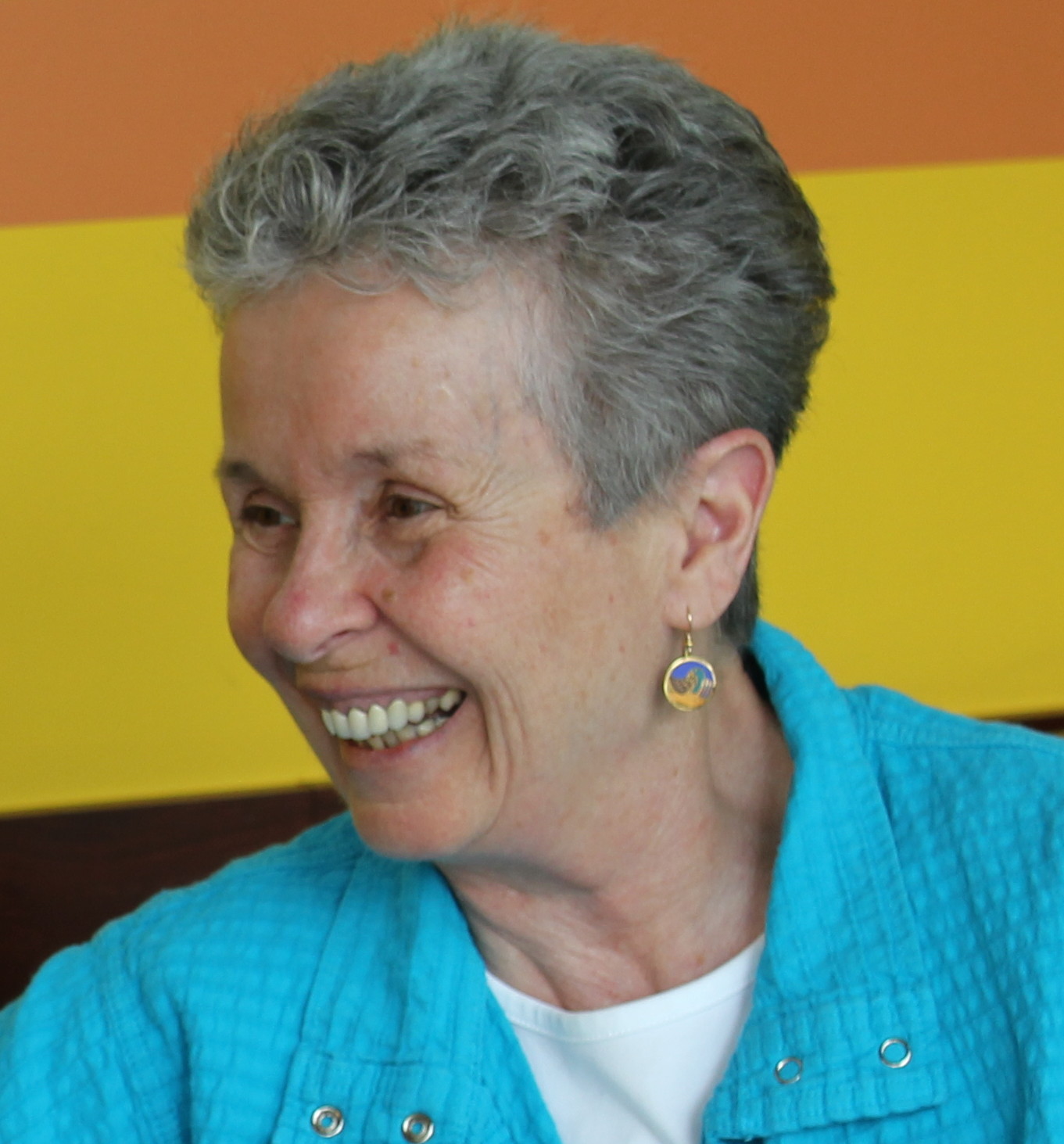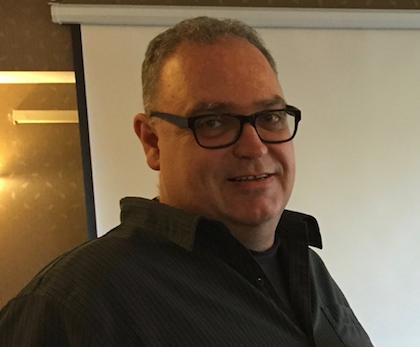Seniors Aging OUT:
Challenges and Complexities of the LGBTQ2+ community and the importance of an intergenerational approach
Intergenerational Day takes place every year on June 1st. It is a day to focus on the power of connecting youth with older adults, and the impact of these connections on helping build healthy communities, and prevent the mistreatment of older adults.
To celebrate IG Day this year, CNPEA will host a webinar about a new BC Association of Community Response Networks project. This project, entitled Seniors Aging OUT aims to help build an inclusive community across the lifecourse for LGBTQ2+ people, through an intersectional and intergenerational approach.
When
May 30, 2017
10am PDT - 1pm EDT
Free webinar - Register today
Summary
Seniors Aging OUT is a grassroots project that envisions Vancouver Island communities welcoming and including LGBTQ2+ people in all aspects of community life. The goal is to engage people from all sectors – health, government, and community services – as well as neighbours, friends, and families to create inclusive spaces and services for LGBTQ2+. The project began in Nanaimo in July 2016 with an intergenerational roundtable of 40 community members aged from 15 to 80+ years of age. This webinar will highlight the importance of the intergenerational approach to this project.
The presentation will cover
- Interim Results from the project Survey and Interviews: the LGBTQ2+ community is much more diverse in terms of sexual orientation and gender identity than the project team initially anticipated. These differences, often generational, suggest differences in how individuals self-define. There is a need to hear as many stories as possible to fully understand the diversity (and complexity) of people in this community.
- The next step: Moving Forward with an Intersectional Lens: People’s lives are multi-dimensional and lived realities are shaped by different factors and social dynamics working together. Individual and collective trauma also underpin the experience of many members of the LGBTQ2+ community.An intersectional lens enables the project team to more fully understand the LGBTQ2+ experience, to build coalitions between different groups and to work together to “right past wrongs” towards a community that is inclusive, non-judgmental, and welcoming to all
- The development of a toolkit to help the LGBTQ2+ community heal: including a form of cultural safety training, and integrating an intergenerational approach where older adults learn from youth/younger adults and vice versa;
About the presenters:

Jane Osborne
After a 30-year career in information technology management and organizational development (IBM, UBC and Metro Vancouver among others), Jane retired to explore the joys of working in community. Over the past 20 years, she has focused her energies on project and volunteer work provincially and locally; initially on the North Shore of Vancouver and more recently on Central Vancouver Island, as a passionate advocate for social justice. Jane is currently Regional Mentor with the BC Association of Community Response Networks on the Central Island.
In May 2016, Jane received SFU Gerontology Research Centre’s Elder Abuse Awareness to Action Award for her work in building community partnerships and collaborations that support positive social change, coordinated responses and improved interventions for adults experiencing abuse and neglect.  Ross Jenkins started working with neuro-diverse populations and those with developmental delays in the early 1990’s. After several years working in the field as a community support worker, he realized that many people he worked with hadn’t received as much information about sex and sexuality as had their neuro-typical peers. In 2015, he took the Sexual Health Educator Certification course from Options for Sexual Health British Columbia with the intention of bringing sexual health information to vulnerable populations. Late in 2016, he learned of Jane Osborne’s work with Seniors Aging Out and the BC Community Response Networks. Ross’s experience with younger adults and perspectives on diverse populations are extremely important to the challenges of creating safe and open environments for LGBTQ2+ adults as they transition into assisted living environments or begin to experience much higher needs for home support services.
Ross Jenkins started working with neuro-diverse populations and those with developmental delays in the early 1990’s. After several years working in the field as a community support worker, he realized that many people he worked with hadn’t received as much information about sex and sexuality as had their neuro-typical peers. In 2015, he took the Sexual Health Educator Certification course from Options for Sexual Health British Columbia with the intention of bringing sexual health information to vulnerable populations. Late in 2016, he learned of Jane Osborne’s work with Seniors Aging Out and the BC Community Response Networks. Ross’s experience with younger adults and perspectives on diverse populations are extremely important to the challenges of creating safe and open environments for LGBTQ2+ adults as they transition into assisted living environments or begin to experience much higher needs for home support services.
For more information on this project, visit bccrns.ca
on intergenerational initiatives and IG Day Canada 2017, visit http://intergenerational.ca/i2i/
Tag #IGDAYCA on twitter and social media on June 1
















